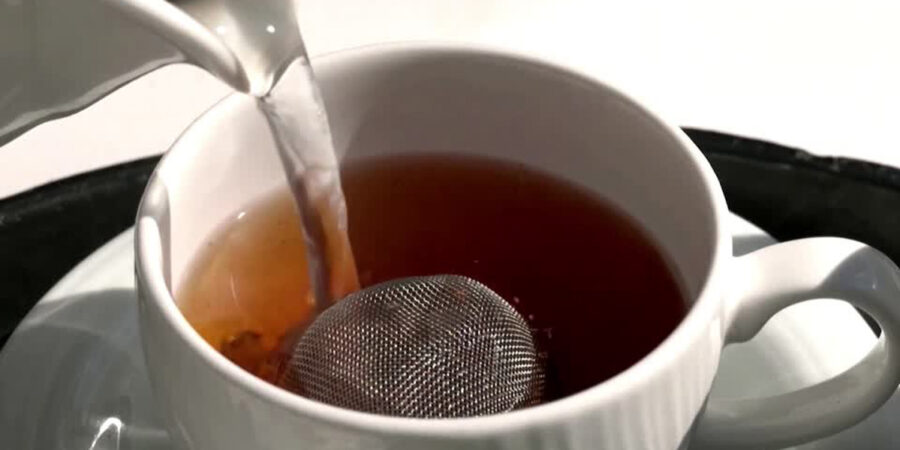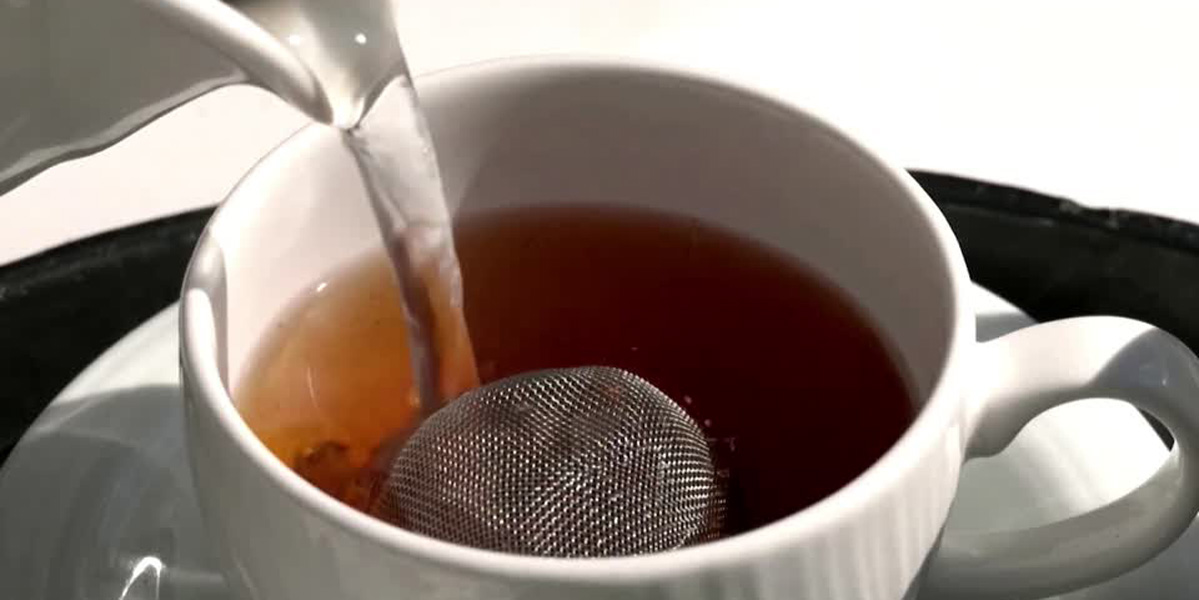
Rooibos Tea’s New Status Should Boost Fortunes for South Africa’s Crop
VANRHYNSDORP, South Africa (Reuters) – Come December, when farmers near Cape Town harvest rooibos leaves, they will become the first generation to grow and sell a tea with a unique regional status, a designation awarded to other such products as French champagne or Irish whiskey. (Watch video below.) As many proud South Africans already know, […]

VANRHYNSDORP, South Africa (Reuters) – Come December, when farmers near Cape Town harvest rooibos leaves, they will become the first generation to grow and sell a tea with a unique regional status, a designation awarded to other such products as French champagne or Irish whiskey. (Watch video below.)

As many proud South Africans already know, rooibos (“red bush”) tea became the first African product to get such a status in the European Union in June. (The status becomes official in December.)
Local farmers and agriculture experts now hope the EU’s treatment of rooibos could help boost demand and improve the crop’s profitability.
“We expect there to be a considerably bigger market so definitely we will expand now that there is more stability and economic viability,” says 61-year old Deon Zandberg, a manager at Vanrhynsdorp farm. He explains:
“What makes rooibos unique is that it is present in an area that is very small and remote. The fact that it grows here naturally makes it unique, the other thing is that it is a very healthy product. It is caffeine-free and has many health benefits,”

These rosemary-type shrubs are indigenous to a small area of the drought-prone Western Cape and Northern Cape provinces.
Rooibos – commonly drunk as a tea, infused in drinks and used in beauty products – dates back hundreds of years to South Africa’s Cederburg region where it grows naturally and has become more popular over the years.

Grown over 70,000 hectares of land, the industry produces around 15,000 tonnes of rooibos annually, with half of that exported to countries like Japan, Germany and the Netherlands.
In London, Fortnum & Mason (a household name for luxury shopping) is already in love with Rooibox. Ottilie Cunningham, the retailer’s expert on tea and coffee, says:
“For us it’s all about provenance and rooibos has a fantastic story. So, who’s growing it, where it’s grown, stories around that, the environment and community where it’s grown, that’s one of the things that we look for.”
The sector is made up of around 350 commercial and 100 emerging farmers, who have battled dry conditions for successive years that have dented yields and drove prices higher.
Industry officials are now working on getting similar protected designations of origin for rooibos from the World Trade Organisation.
“With more value it means farmers can invest more in sustainable farming,” says South African Rooibos Council director Dawie de Villiers.
He hopes the EU nod will mean rooibos could be sold at a premium much like champagne when compared with other sparkling wines.


(Writing by Tanisha Heiberg and Mike Hutchings, Editing by Promit Mukherjee and Angus MacSwan/Reuters and Jenni Baxter / SAPeople)
